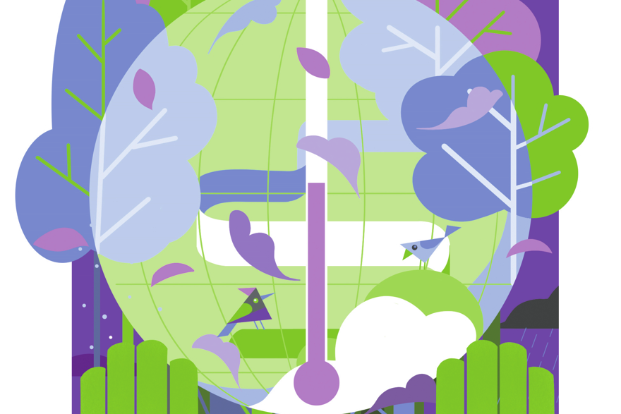Humanities graduates must become more creative


After reading Chen Ming's article published in China Daily, "What use are the humanities in the age of AI?", I, a Malay language teacher at a university in Nanning Guangxi, felt compelled to write in and share my perspective. My presence here as a foreign expert from Malaysia is itself a testament to China's commitment to promoting the humanities, even amid reports that some universities have reduced student intakes in these fields.
However, based on my teaching experience, I believe that from a realistic and pragmatic standpoint, the humanities remain essential and offer abundant career opportunities. The issue often lies in the fact that many students lack creativity in translating their academic background into a viable career path. For instance, most students majoring in linguistics almost automatically think of becoming language teachers or translators. Rarely do they consider roles such as AI data trainers, voice actors apps, prompt engineers, computational linguists, UX researchers, content strategists, technical writers, SEO specialists, social media analysts, and so on.
In reality, while many claim that the humanities offer "limited job prospects", I must ask: have we truly explored all possibilities before drawing such a conclusion? On the contrary, humanities graduates should feel fortunate and optimistic about the vast array of industries they can enter. Before moving to Guangxi, I worked at a private university in Malaysia as an instructional designer, responsible for structuring content and developing effective teaching delivery methods for university students. Before I landed that job, I myself had no idea a career called "instructional design" even existed! This goes to show there is so much more we can explore. Our younger generations must learn to be more creative.
I agree with Chen Ming's view that the humanities give meaning to life and prevent us from becoming like robots and machines. I would also like to emphasize that several research studies underscore the significant value of humanities graduates. For example, in the United Kingdom, the report "The Humanities in the UK Today: What's Going On?" (HEPI Report 159) highlights several significant findings.
First, the vast majority of UK humanities graduates report being able to enter a wide range of careers, demonstrating the flexibility of the humanities. Second, there is a significant correlation between the skills of humanities graduates and those demanded by employers across industries. Finally, eight out of 10 of the fastest-growing sectors are now hiring more graduates from the humanities than from any other field.
This demonstrates the unique qualities that humanities graduates bring to industry. This uniqueness cannot be compared to the skills of those who study STEM fields. Humanities graduates tend to be more open-minded, generalist in their approach, and more adaptable. These are our inherent talents and strengths that should not be underestimated.
Furthermore, the World Economic Forum's (WEF) "Future of Jobs Report (2023)" stresses the importance of critical and creative thinking as crucial skills for success in the present and future workplace. Coincidentally, critical and creative thinking are at the very core of humanities education. This is supported by data; a study by Prinzing and Vazquez (2025), titled "Studying Philosophy Does Make People Better Thinkers", found that philosophy students outperformed their STEM counterparts in logic tests.
Therefore, those of us from the humanities should not feel inferior just because our field doesn't sound as "prestigious" as STEM disciplines. However, we must never downplay the importance of our field in adding color to a world that is not merely black and white. Throughout human history, the humanities have played an immense role in shaping civilized human beings.
Sadiq Salihoddin is a Malaysian currently working as a Malay language teacher at the faculty of ASEAN languages & culture, Guangxi Minzu University, Nanning.
The views don't necessarily represent those of China Daily.
If you have a specific expertise, or would like to share your thought about our stories, then send us your writings at opinion@chinadaily.com.cn, and comment@chinadaily.com.cn.

































